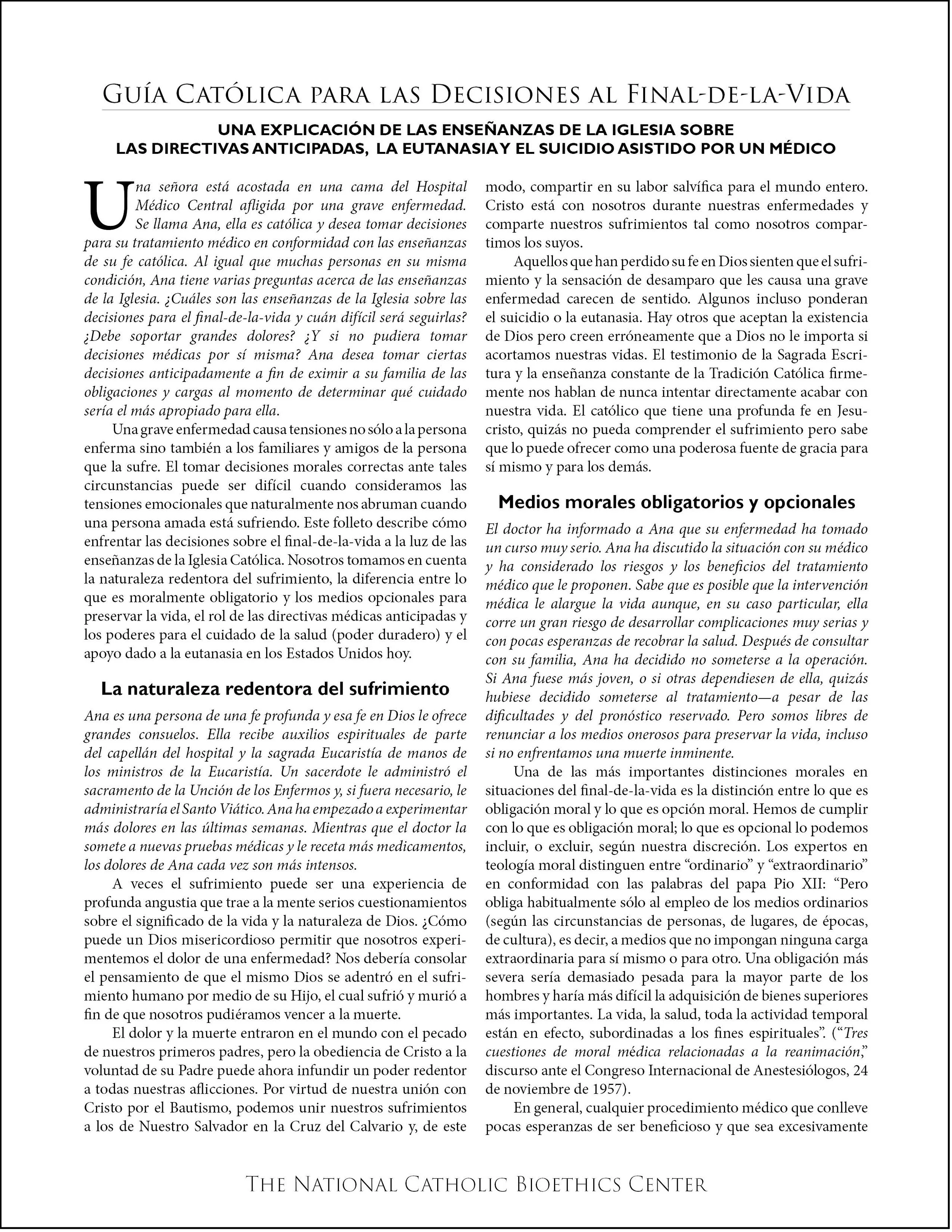Determining Death by Neurological Criteria
Determining Death by Neurological Criteria
The neurological criteria for the determination of death remain controversial within secular and Catholic circles, even though they are widely accepted within the medical community. In Determining Death by Neurological Criteria, Matthew Hanley offers both a practical and a philosophical defense.
To view a table of contents, click here.
ISBN 978-0-8132-3318-5
The neurological criteria for the determination of death remain controversial within secular and Catholic circles, even though they are widely accepted within the medical community. In Determining Death by Neurological Criteria, Matthew Hanley offers both a practical and a philosophical defense. Hanley shows that the criteria are often misapplied in clinical settings, leading to cases where persons declared dead apparently spontaneously revive. These instances are often connected to a rushed decision to retrieve donated organs, thus undermining the trust of the public in organ donation. Hanley calls on health care institutions to take seriously their obligation to establish strict protocols for the determination of death, including who may conduct the examinations.
From a broader perspective, Hanley considers how the criteria rely on a philosophical conception of the person as a living organism whose unity disintegrates at death. This view, he notes, corresponds to the Catholic conviction that the soul is the life-principle of the body, which departs at death, bringing about the destruction of the body-soul composite. The Vatican, recognizing that death is a medical judgment, has generally given its approval to the criteria. Hanley also reviews the many and various objections offered by detractors, including against the use of the apnea test, which is faulted as a practice that sometimes hastens death. The problem of the continued presence of certain vital functions within the deceased body of the brain dead is explored in detail, with reference to particular cases and to solutions proposed by leading physicians and bioethicists. Hanley likewise addresses the dilemma of having two separate standards for death, one neurological and the other cardiopulmonary. Given the possibility of resuscitation following loss of the cardio-circulatory system, he concludes that the neurological criteria must be the true standard. Stoppage of the heart leads swiftly to the final necrosis of the brain.
“Many are troubled by whether “brain death” is really a ruse to get organs and clear hospital beds, or based on a wrong view of the human being as a ghostly consciousness in a fleshly machine. But Hanley shows that neurological criteria for determining death can be properly applied as a sound basis for declaring someone dead. Examining the medical data, and consistent with the best in the philosophical tradition of Aquinas and others, he handles this complex issue with sensitivity and rigor. A must-read!”






